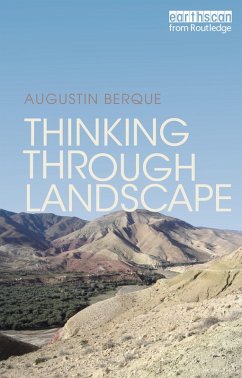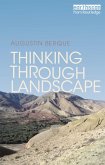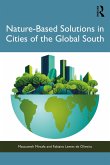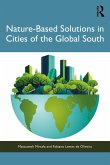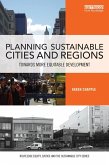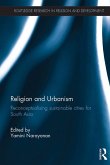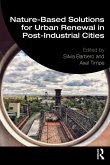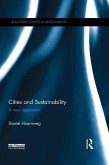Berque locates the start of this change in human labour and urban elites being cut off from nature. Nature became an imaginary construct masking our real interaction with the natural world. He argues that this gave rise to a theoretical and literary appreciation of landscape at the expense of an effective practical engagement with nature. This mindset is a general feature of the world's civilizations, manifested in similar ways in different cultures across Europe, China, North Africa and Australia. Yet this approach did not have disastrous consequences until the advent of western industrialization.
As a phenomenological hermeneutics of human societies' environmental relation to nature, the book draws on Heideggerian ontology and Veblen's sociology. It provides a powerful distinction between two attitudes to landscape: the tacit knowledge of earlier peoples engaged in creating the landscape through their work - "landscaping thought"- and the explicit theoretical and aesthetic attitudes of modern city dwellers who love nature while belonging to a civilization that destroys the landscape - "landscape thinking".
This book gives a critical survey of landscape thought and theory for students, researchers and anyone interested in human societies' relation to nature in the fields of landscape studies, environmental philosophy, cultural geography and environmental history.
Dieser Download kann aus rechtlichen Gründen nur mit Rechnungsadresse in A, B, BG, CY, CZ, D, DK, EW, E, FIN, F, GR, HR, H, IRL, I, LT, L, LR, M, NL, PL, P, R, S, SLO, SK ausgeliefert werden.

